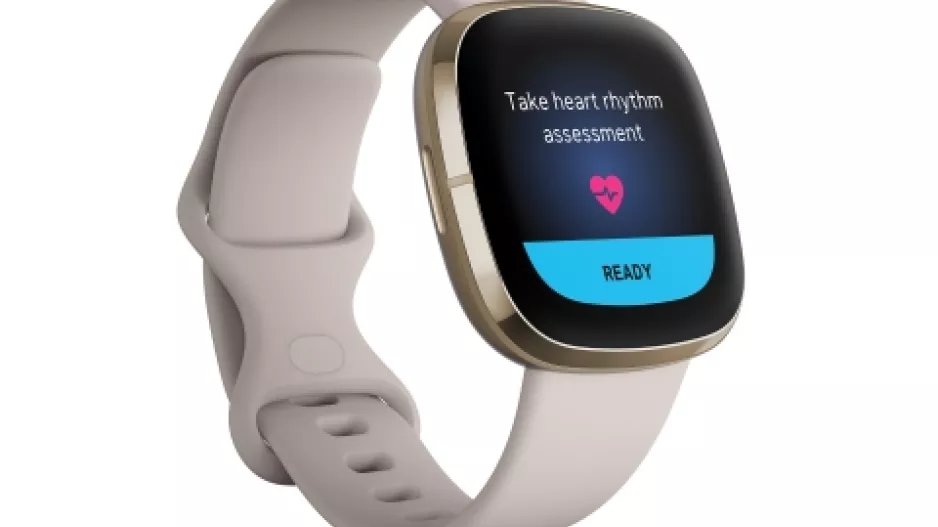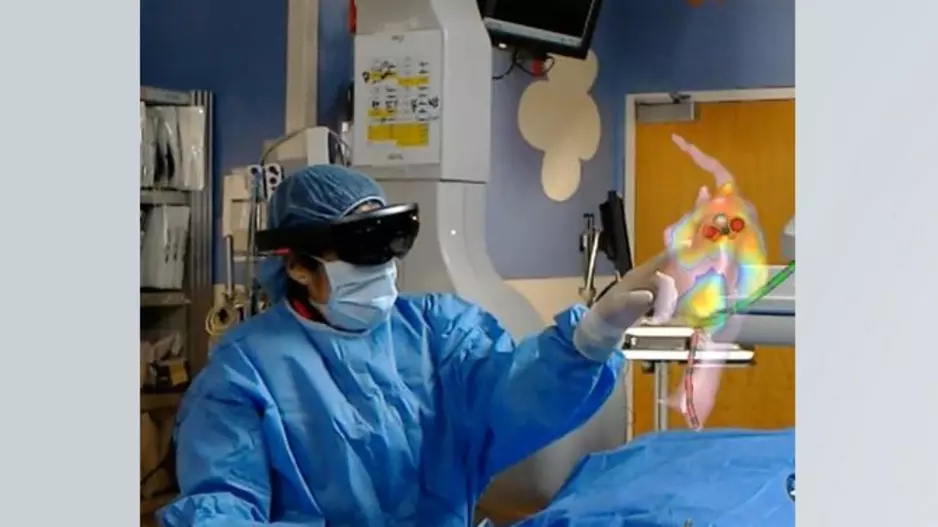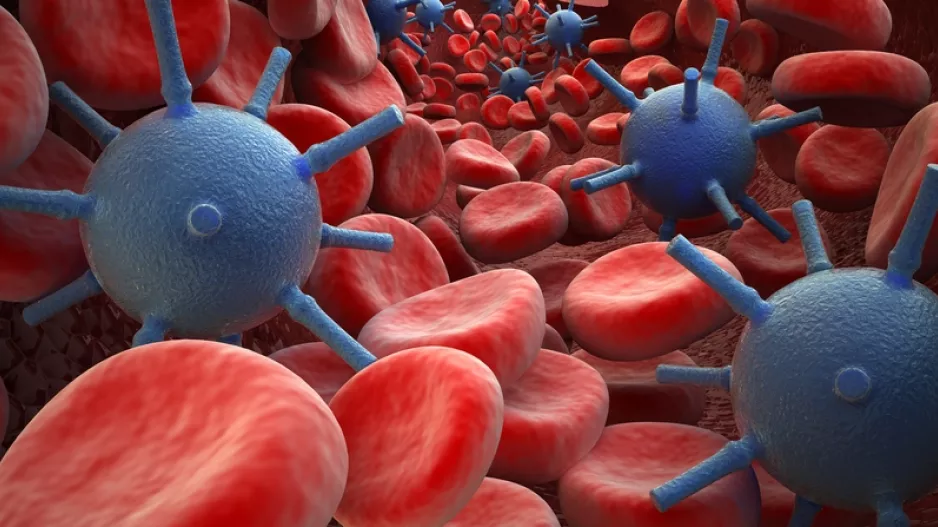More Articles
Researchers have developed an algorithm that can predict when infections may occur following cardiovascular implantable electronic device (CIED) procedures, sharing their findings in JAMA Network Open.
Healthcare-associated…
Transporting out-of-hospital cardiac arrest (OHCA) patients to the hospital during their arrest instead of completing resuscitation on the spot may hurt their chance of survival, according to new findings published in JAMA.
“…
Fitbit announced Monday, September 14, that the company has received FDA clearance and CE mark approval for its electrocardiogram application designed to detect signs of atrial fibrillation (AFib).
The Fitbit ECG App generates recordings…
Researchers have developed a new balloon catheter system equipped with electronic components and sensors, sharing their work in Nature Biomedical Engineering.
The system, designed using stretchable materials that conform to the…
Rhythm control therapy benefits patients with newly diagnosed atrial fibrillation (AFib), according to results of the EAST-AFNET 4 trial. The impact was consistent across the board, with even asymptomatic patients and those without heart failure…
Atrial fibrillation (AFib) rates increased significantly from 2006 to 2018, according to a new study published in JAMA Network Open. The change was especially evident in patients 85 years old and older.
The study’s authors noted…
Just days after the Big Ten and Pac-12 conferences canceled their fall 2020 football seasons, naming…
A significant number of out-of-hospital cardiac arrest (OHCA) deaths are actually the result of a patient overdose, according to new findings published in Annals of Internal Medicine.
Researchers tracked data from POST SCD (…
Mortality associated with newly diagnosed atrial fibrillation (AFib) is on the decline, according to a new analysis of more than 18,000 patients. The cardiovascular condition, however, still takes approximately two years off a person’s life.…
Two more conferences, the Big Ten and Pac-12, have chosen to cancel the 2020 college football season due to the ongoing COVID-19 pandemic. According to separate reports from CBS Sports, both conferences made the decision based on concerns…
Researchers have developed a new CT imaging technique that could improve CPR training and help more patients survive cardiac arrest, sharing their findings in Resuscitation.
The team was able to generate 4D models that show…
Hydroxychloroquine is in the headlines again after President Donald Trump shared a video promoting the medication as a COVID-19 treatment.
In the video, physician Stella Immanuel, MD, pushed hydroxychloroquine and questioned the pandemic’…
Eduardo Rodriguez, a 27-year-old pitcher for the Boston Red Sox, has confirmed that he is currently suffering from myocarditis related to a recent COVID-19 diagnosis. He has been shut down from all baseball-related activities for at least one…
Genetic testing can help patients make important decisions about their cardiovascular health, according to a new scientific statement from the American Heart Association (AHA). But it’s a more effective decision-making tool for some patients than…
ELVIS, it seems, has entered the operating room.
Using a new holographic display system in the operating room can improve physician accuracy during cardiac ablation procedures, according to new findings out of St. Louis.
…
Researchers in Japan have used the combination of AI algorithms and medical imaging to predict when patients may be at an increased risk of arrhythmic events or even heart failure death. The findings, published in the Journal…
Medtronic has gained FDA clearance and CE mark approval for its new LINQ II insertable cardiac monitor (ICM).
The device, which is roughly one-third the size of a AAA battery, was designed to last for four and a half years and features…
Treating critically ill COVID-19 patients with a combination of lopinavir (LPV) and ritonavir (RTV) is associated with a significant risk of bradycardia, according to new research out of France.
The study, published in Circulation:…
The FDA has approved Abbott’s line of Gallant implantable cardioverter defibrillator (ICD) and cardiac resynchronization therapy defibrillator solutions.
The devices offer numerous new features, including an improved battery, MRI…
Cloud-based cardiac imaging company inHeart has received $4.2 million in funding for its product that creates a 3D replicate image of a patient’s heart to assist in pre-procedural planning.
European venture capital firm Elaia led this…
A new study suggests COVID-19 has the potential to infect cardiac cells, causing changes in their ability to function after just 72 hours.
The researchers found that SARS-CoV-2, the virus behind COVID-19, was capable of…




















